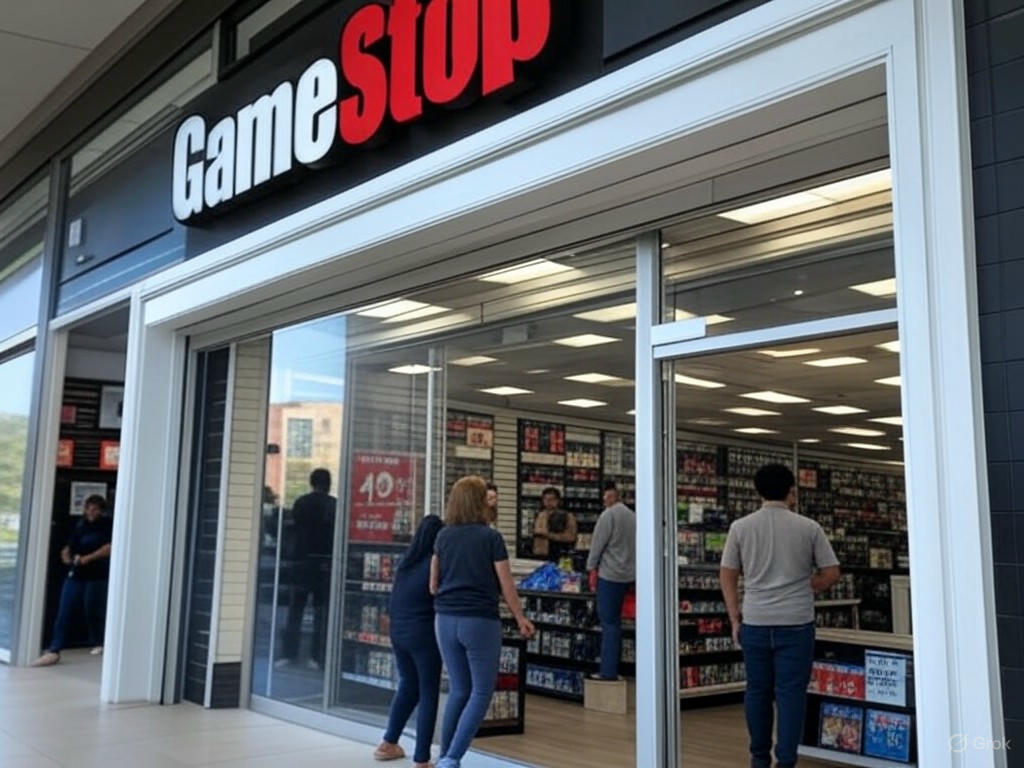GameStop’s Bold Move: A $1.75 Billion Convertible Notes Offering to Fuel Growth
GameStop, the iconic video game retailer, has made waves in the financial world with its recent announcement of a proposed private offering of $1.75 billion in convertible senior notes. This strategic decision, revealed on June 11, 2025, signals the company’s intent to bolster its financial foundation and potentially accelerate its ongoing transformation in a rapidly evolving retail landscape. The move comes as GameStop continues to navigate a mix of market challenges and opportunities, particularly in the gaming and digital content sectors.
Convertible senior notes are a hybrid financial instrument, blending elements of debt and equity. They offer investors the chance to convert their holdings into shares of GameStop stock at a predetermined price, often providing a lower interest rate compared to traditional bonds while giving the company access to substantial capital. This $1.75 billion offering, if successful, could provide GameStop with the liquidity needed to fund ambitious projects, reduce existing debt, or invest in innovative technologies. The gaming industry is at a pivotal moment, with trends like cloud gaming, virtual reality, and esports gaining momentum. GameStop’s leadership appears poised to position the company as a key player in these emerging markets, leveraging this influx of capital to stay competitive.
The timing of this announcement is particularly intriguing. GameStop has been in the spotlight over the past few years, driven by volatile stock price movements and a passionate retail investor base. While the company has faced criticism for its traditional brick-and-mortar model in an increasingly digital world, it has also shown resilience by pivoting toward e-commerce and exploring blockchain-based initiatives like NFTs. This convertible notes offering could be seen as a vote of confidence from institutional investors, signaling that GameStop is more than just a meme stock—it’s a business with a vision for the future. However, the success of this offering will depend on market reception and the company’s ability to articulate a clear growth strategy to potential investors.
There are risks associated with this financial maneuver as well. Issuing convertible notes could dilute existing shareholders’ equity if investors opt to convert their notes into stock. Additionally, the added debt burden, even with favorable terms, requires careful management to avoid straining the company’s balance sheet. Analysts will be watching closely to see how GameStop allocates the funds and whether it can deliver on promised innovations without overextending itself.
As GameStop embarks on this significant chapter, the $1.75 billion offering represents both an opportunity and a challenge. It’s a chance to redefine its role in the gaming industry and prove skeptics wrong about its long-term viability. For investors and fans alike, the coming months will be crucial in determining whether this bold financial strategy pays off, paving the way for a revitalized GameStop or highlighting the hurdles that remain. One thing is certain: the company’s journey is far from over, and the stakes have never been higher.


